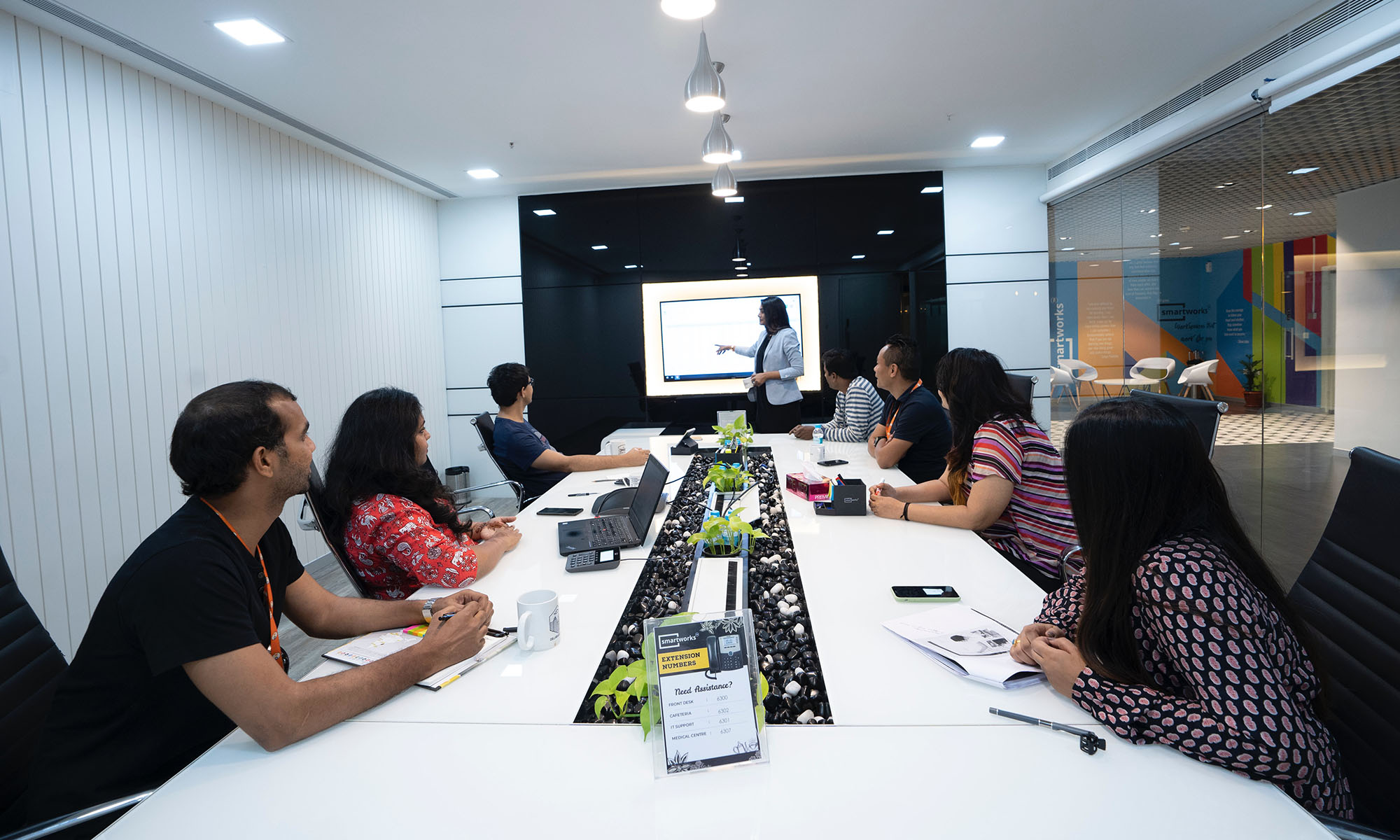Comprehensive Research Methodology Course
Traditional training – (5 days, R13,500.00 excl. VAT)
Online training – (5 weeks, R11,500.00 excl. VAT)
About This Course
Researchers, postgraduate students and other professionals in the research space, need to have an in-depth understanding of research methodologies from inception to completion. They need to be able to design and conduct high quality studies, being aware of different research designs and issues that affect research validity. Also, they need to be able to search, critically appraise, summarise and apply published research evidence in their settings.
If you want to be able to conduct cutting-edge research and obtain the aforementioned skills, this course is for you. After the training, course participants will be able to:
- Understand research designs: types, strengths and weaknesses.
- Properly formulate research question and objectives, and align study objectives to study population and methodology.
- Understand the concept of statistical power and sample size calculation.
- Understand sampling techniques including simple random sampling, stratified sampling and cluster sampling.
- Theoretical concepts and practical considerations in research ethics.
- Produce and interpret descriptive and inferential statistics.
- Understand the need for qualitative research.
- Know and apply qualitative research data collection methods.
- Triangulate quantitative and qualitative research findings.
- Need to be able to write research protocols and reports.
- Critically review research reports and scientific papers.
Course Content
This course has a significant amount of group exercises, including classroom and take-home exercises, which culminate in each team of participants working together and presenting a final report. The course structure is summarised below. However, we can make specific changes to the contents if the client has special interest that they want covered. This comprehensive course combines our quantitative and qualitative research methodology courses. You can choose to attend this combined course or any of the two components of it.
Traditional Course Content
Day 1 – Fundamentals of quantitative research: designs and proposal writing
- Research paradigms: quantitative and qualitative
- Study designs: types, strengths and weaknesses
- Research question(s) and literature review
- Research hypothesis and SMART research objectives
- Aligning study objectives to study population and methodology
- How to write a research proposal: structure and approach
- Group exercise: research question, objectives, design and proposal writing
Day 2 - Conducting Research
- Sampling techniques: probabilistic and non-probabilistic
- Data collection methods
- Research ethical principles and requirements
- Produce and interpret descriptive statistics
- Group exercise: sample size calculation, sampling and descriptive statistics
Day 3 - Research Validity and Analysis
- Introduction to inferential statistics
- Research validity and reliability
- Bias: in different research designs, controlling for bias at design stage
- Confounding: concept and adjustment for confounders
- Group exercise: statistics, bias and confounding
Reporting research
Day 4 - Qualitative Research Methods
- What is qualitative research?
- Ethnography
- Contrast with quantitative paradigm
When to use qualitative methods:
- In-depth interviews
- Life history interviews
- Focus group discussions
- Most significant change methodology
- Participant observation
- The concept of triangulation
- Qualitative data collection methods
Day 5 - Triangulation of methods and wrap-up
- Overview of qualitative data analysis
- Triangulation of research findings
- Group exercise: final report
Online Course Content
Week 1 - Fundamentals of quantitative research: designs and proposal writing
- Research paradigms: quantitative and qualitative
- Study designs: types, strengths and weaknesses
- Research question(s) and literature review
- Research hypothesis and SMART research objectives
- Aligning study objectives to study population and methodology
- How to write a research proposal: structure and approach
- Group exercise: research question, objectives, design and proposal writing
Week 2 - Conducting Research
- Sampling techniques: probabilistic and non-probabilistic
- Data collection methods
- Research ethical principles and requirements
- Produce and interpret descriptive statistics
- Group exercise: sample size calculation, sampling and descriptive statistics
Week 3 - Research Validity and Analysis
- Introduction to inferential statistics
- Research validity and reliability
- Bias: in different research designs, controlling for bias at design stage
- Confounding: concept and adjustment for confounders
- Group exercise: statistics, bias and confounding
- Reporting research
Week 4 - Qualitative Research Methods
- What is qualitative research?
- Ethnography
- Contrast with quantitative paradigm
When to use qualitative methods:
- In-depth interviews
- Life history interviews
- Focus group discussions
- Most significant change methodology
- Participant observation
Week 5 - Triangulation of methods and wrap-up
- The concept of triangulation
- Overview of qualitative data analysis
- Triangulation of research findings
- Group exercise: final report
Course outcomes
The objective of this course is to provide participants with comprehensive understanding of the methodologies for cutting edge research. Participants will be able to conduct their own research and be able to conduct critical review of research publications.
Who Should Attend?
- Researchers
- Data Collectors
- Research Analysts
- Journalists
- Scientists
- Doctors
- Nurses
- Programme implementers
- Programme managers
Application
For more details about our services contact:
Dave Temane
Email: info@cesar-africa.com
Tel: +27 11 403 1411
Price Includes
- Course attendance
- Full refreshments: lunch
- Welcome tea
- Two breaks for tea including pastries
- Course lecture notes and training manual
- Complimentary parking
- Certificate of attendance


